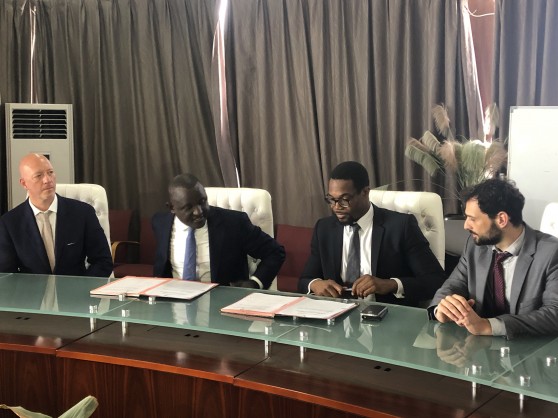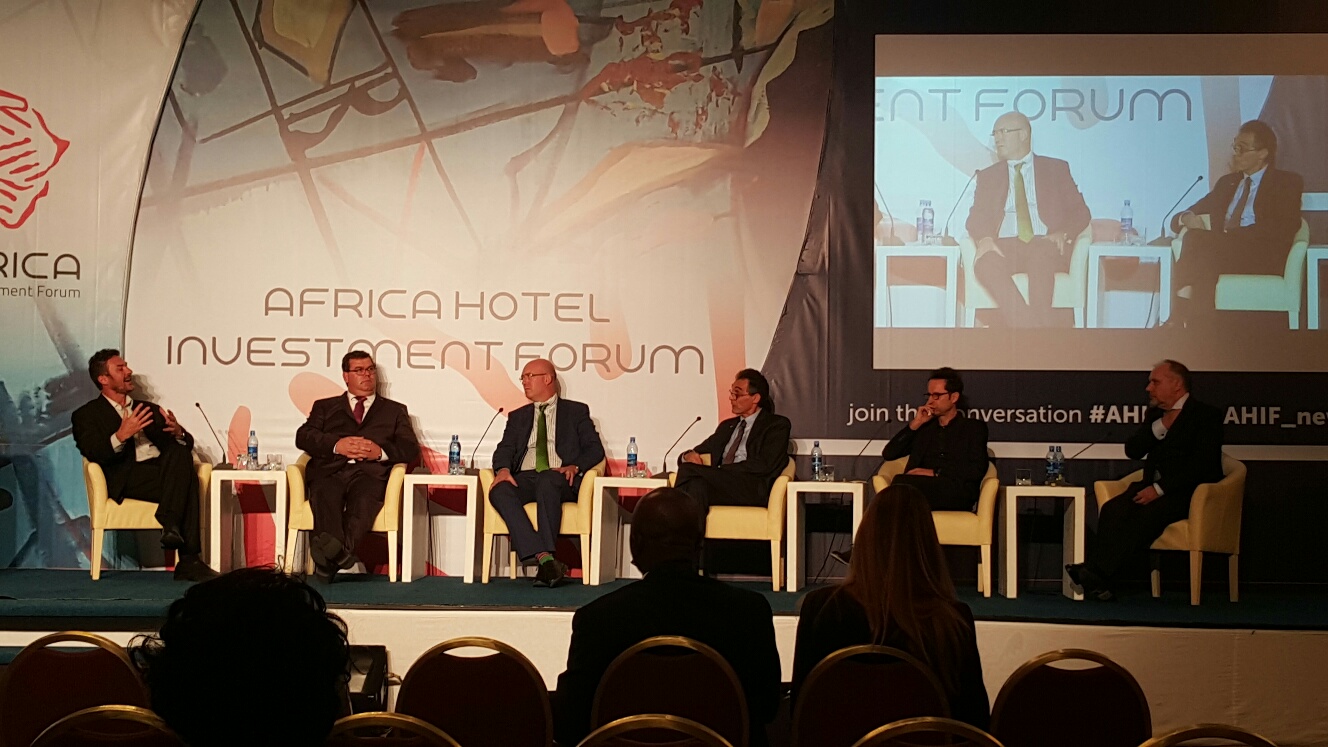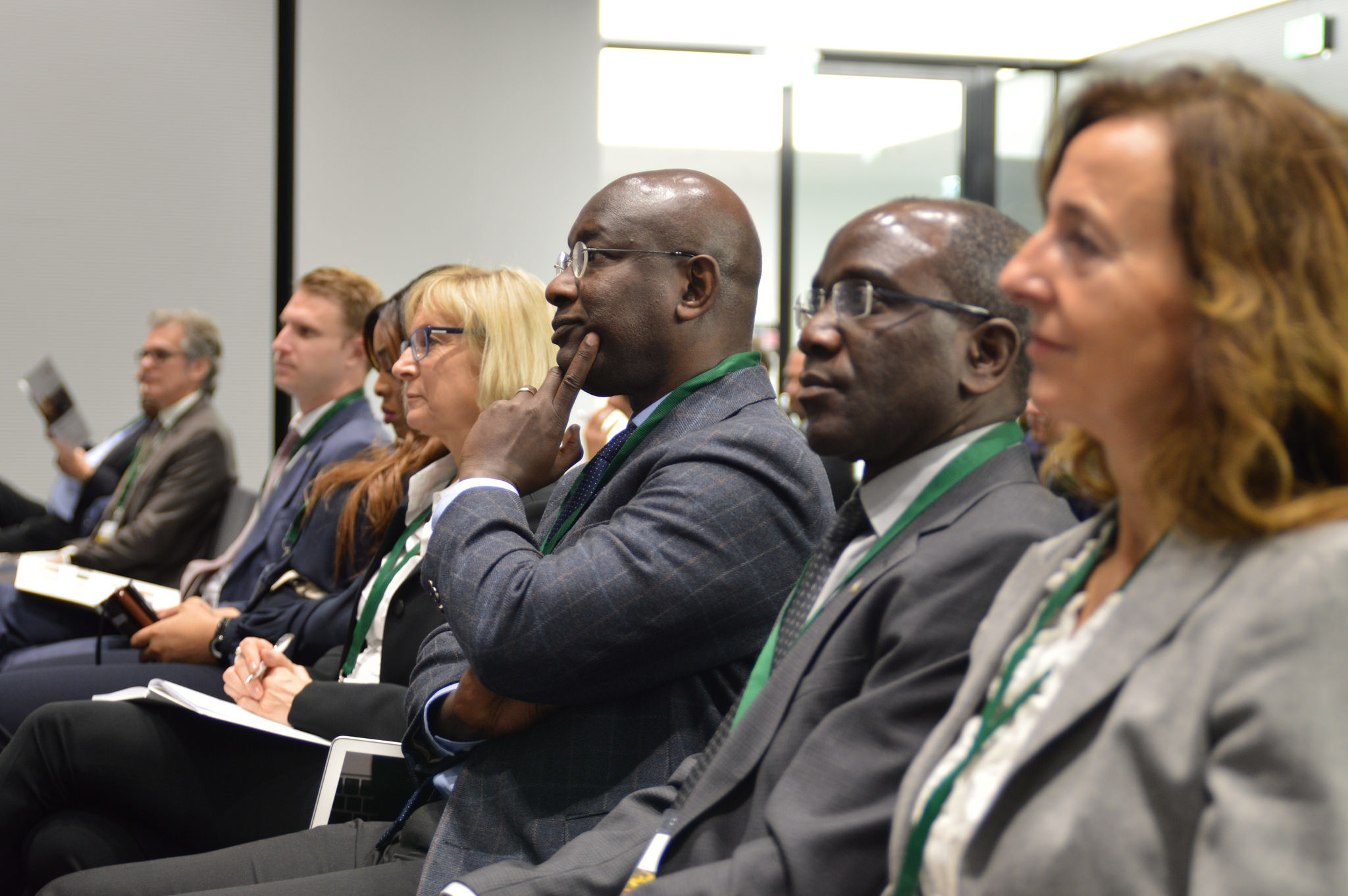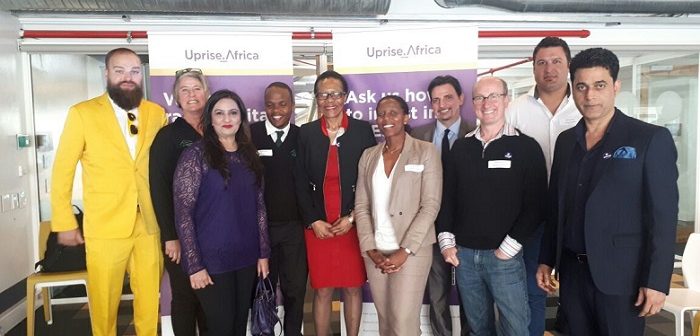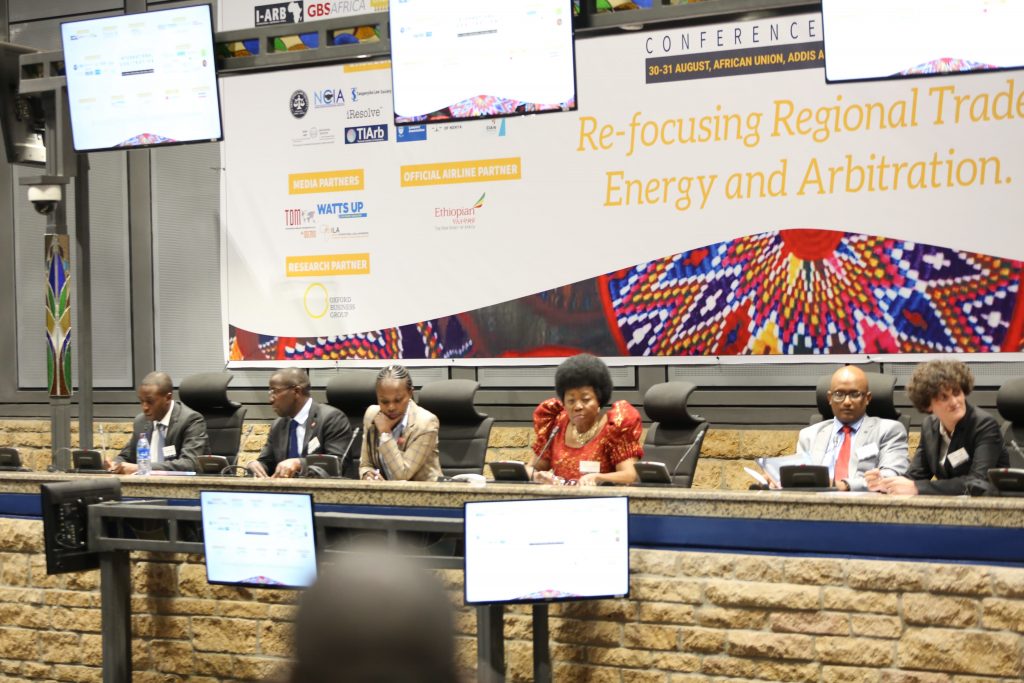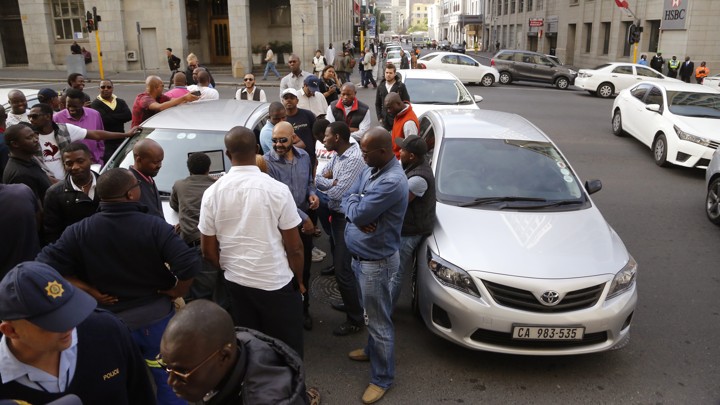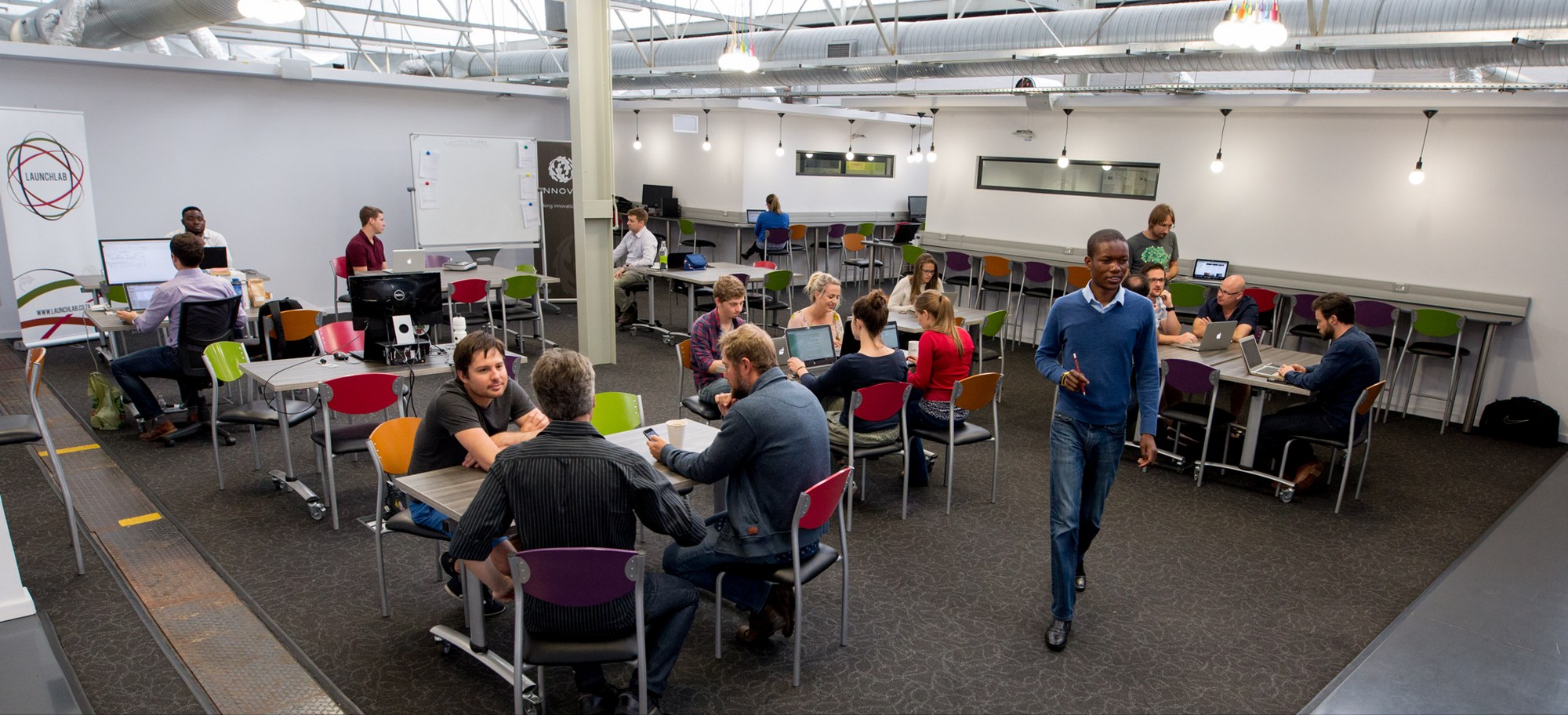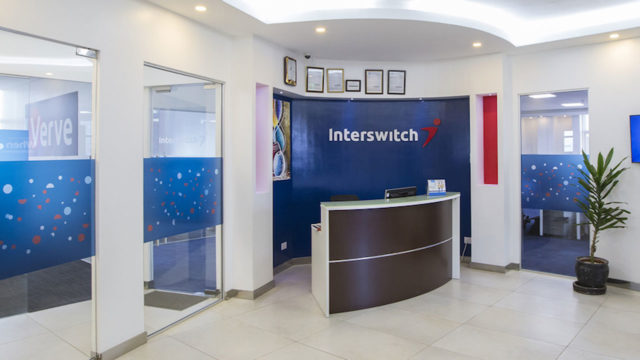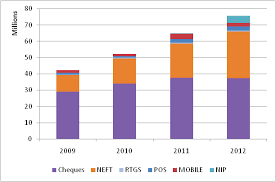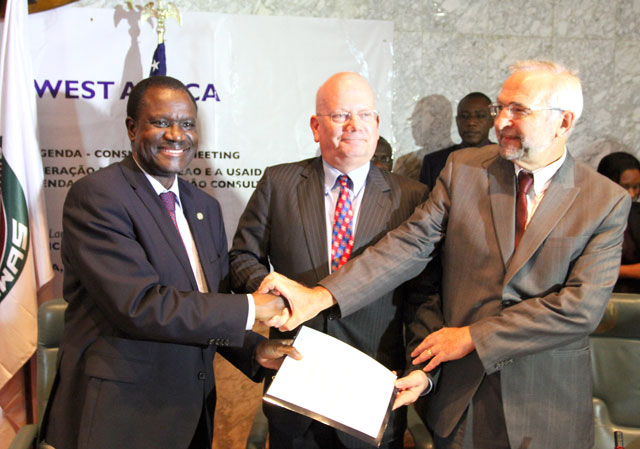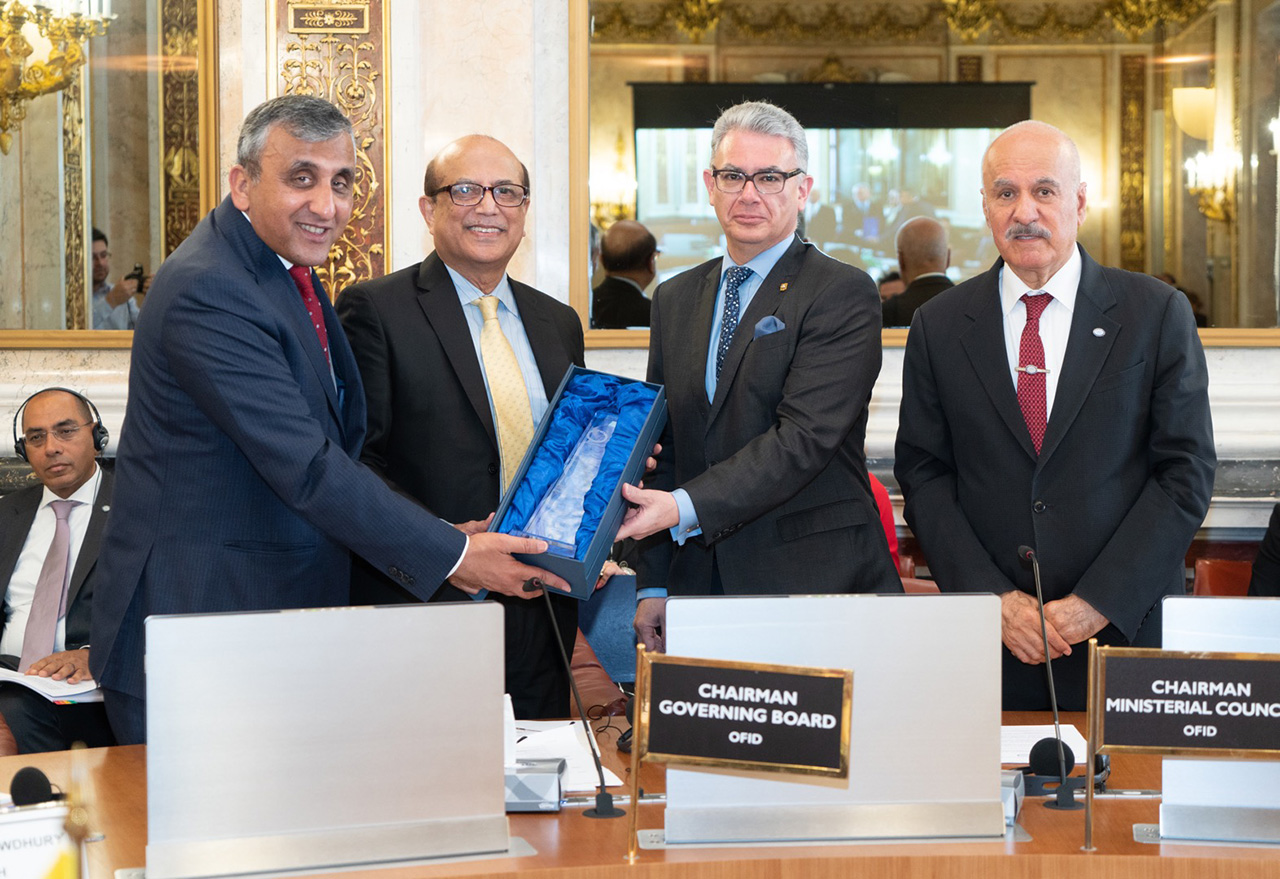GreenTec Capital Partners Signs MoU with Senegalese General Delegation for the Acceleration of Entrepreneurship for Women and Young People
The Senegalese General Delegation for the Acceleration of Entrepreneurship for Women and Young People (DER), under the auspices of the Presidency of the Republic of Senegal, signed a partnership agreement with GreenTec Capital Partners the premier German investor into African Start-ups. The purpose of the agreement is the foundation of the first regional Venture Building Center in Africa to tackle investment challenges by providing investment tickets between € 10,000 and € 500,000 for entrepreneurs at the cusp of their growth stages.
The needs of Start-ups, MSMEs, and SMEs in Africa today revolve around a balanced combination of financing and operational support.
The entrepreneurial boom and the entrepreneurial spirit on the African continent are primarily supported by the growth of new ecosystem stakeholders such as incubators, hubs, and accelerators. This momentum is nevertheless hindered by the systemic operational deficiencies that still exist within the ecosystem today. Additionally, the Start-ups are most often not well prepared to use conventional financing vehicles such as venture capital.
The agreement was signed by the Minister Delegate for Entrepreneurship, Papa Amadou Sarr, and the CEO and co-founder of the German investment company, GreenTec Capital Partners, Erick Yong, joining the mutual ambitions of the two entities to the benefit of young Senegalese entrepreneurs by providing financing of the digital sector. Strengthening the operational capacities of Start-ups, and setting up a common infrastructure to enable startups to develop sustainably.

A new and better-structured ecosystem is needed to enable entrepreneurs to move efficiently from the proof-of-concept stage with low revenues (post-accelerator) to a stage of sustainable growth, thereby overcoming the “valley of death.”
The relevance of this partnership is rooted in the alignment and the sharing of resources between different actors, ranging from the public and private sectors and including development banks and civil society organizations. The joint initiative will further enable entrepreneurs with high potential to get better access to the support they need to grow.
Accessing support in the form of personalized operational assistance will create value for entrepreneurs who have matured past the phase in which incubators and accelerators have added value. This will help to further improve the quality of Start-ups and improve their chances of success.
The guiding principle of this initiative is that Africa must not be a passive observer of its own development, but an active player that invests resources and co-designs the agenda of development. Following this thought, it is in line with the political will of Senegalese President, H.E. Macky Sall, that the Republic of Senegal has decided to integrate the venture building model developed by GreenTec Capital with the coordination of DER.
The DER, created in 2017 and operational since March 2018, has been provided with a budget of $ 5 million per year until 2023 to achieve these goals.
DER, the Senegalese General Delegation for the Acceleration of Entrepreneurship for Women and Young People is an initiative of the President of the Republic of Senegal, H.E. Macky Sall. Its priority is to support and finance Senegalese entrepreneurs in the Senegalese National Development Plan’s priority sectors, which are agriculture, the digital economy, tourism, crafts, services, and several others.
The collaboration between the Republic of Senegal and GreenTec Capital Partners coincides with the ambitions of the French initiative digital Africa led by Karim Sy. Mr. Sy has guaranteed to lend the full support of the French initiative to this new ecosystem building center, which is based on the sharing of resources and the catalyzing of actors in the African entrepreneurship ecosystem.

Through its innovation fund, the DER has already invested in 44 Senegalese startups in 2018, with ticket sizes ranging from € 10,000 to € 100,000. In 2019, the DER aims to support more than 150 digital Startups and SMEs, by investing more than 10 million euros, while supporting an additional twenty Start-ups with the GreenTec Capital venture-building model.
It is not a coincidence that the day of the signature of the agreement between the DER and GreenTec coincides with a groundbreaking ceremony for the construction of “The DER Innovation HUB.” The objective is to position Senegal as a major player in the field of innovation on a regional level. The Hub will host major technology companies, innovators, incubators, and accelerators… and of course the GreenTec Capital Partners team.
The agreement also includes the establishment of the new GreenTec Capital regional office in Dakar. Designed to support and develop the operations of the largest investment structure in Germany for African start-ups in Francophone Africa. The local team will help raise the critical operational capabilities of companies to help make them more attractive to international investors.
In the last four years, GreenTec Capital’s investment model has already proven successful in 10 African countries – 4 of them in Francophone Africa, among them Rwanda, Nigeria, Ivory Coast, Benin, and several others. Now, this model will be implemented in Senegal contributing to a new investment ecosystem adapted to the structural specificities of entrepreneurship on the African continent.
Due to its high adaptation to the African context, the innovative investment model is scalable across the continent. It provides opportunities to design and develop new innovative solutions formed by international partnerships that can benefit the entire continent.
Kelechi Deca

Kelechi Deca has over two decades of media experience, he has traveled to over 77 countries reporting on multilateral development institutions, international business, trade, travels, culture, and diplomacy. He is also a petrol head with in-depth knowledge of automobiles and the auto industry.

